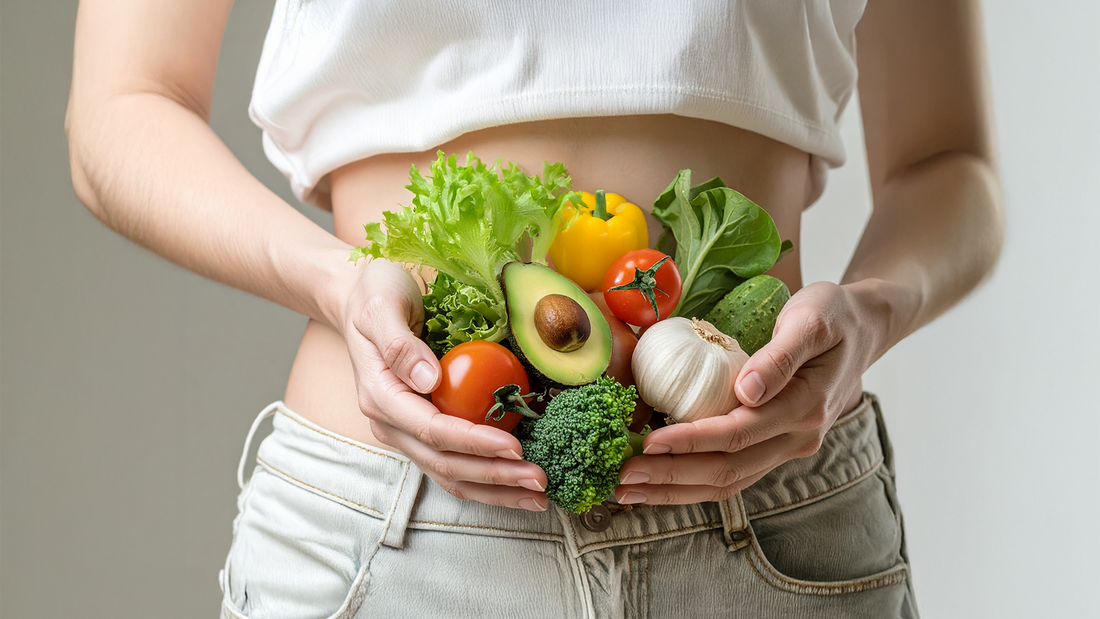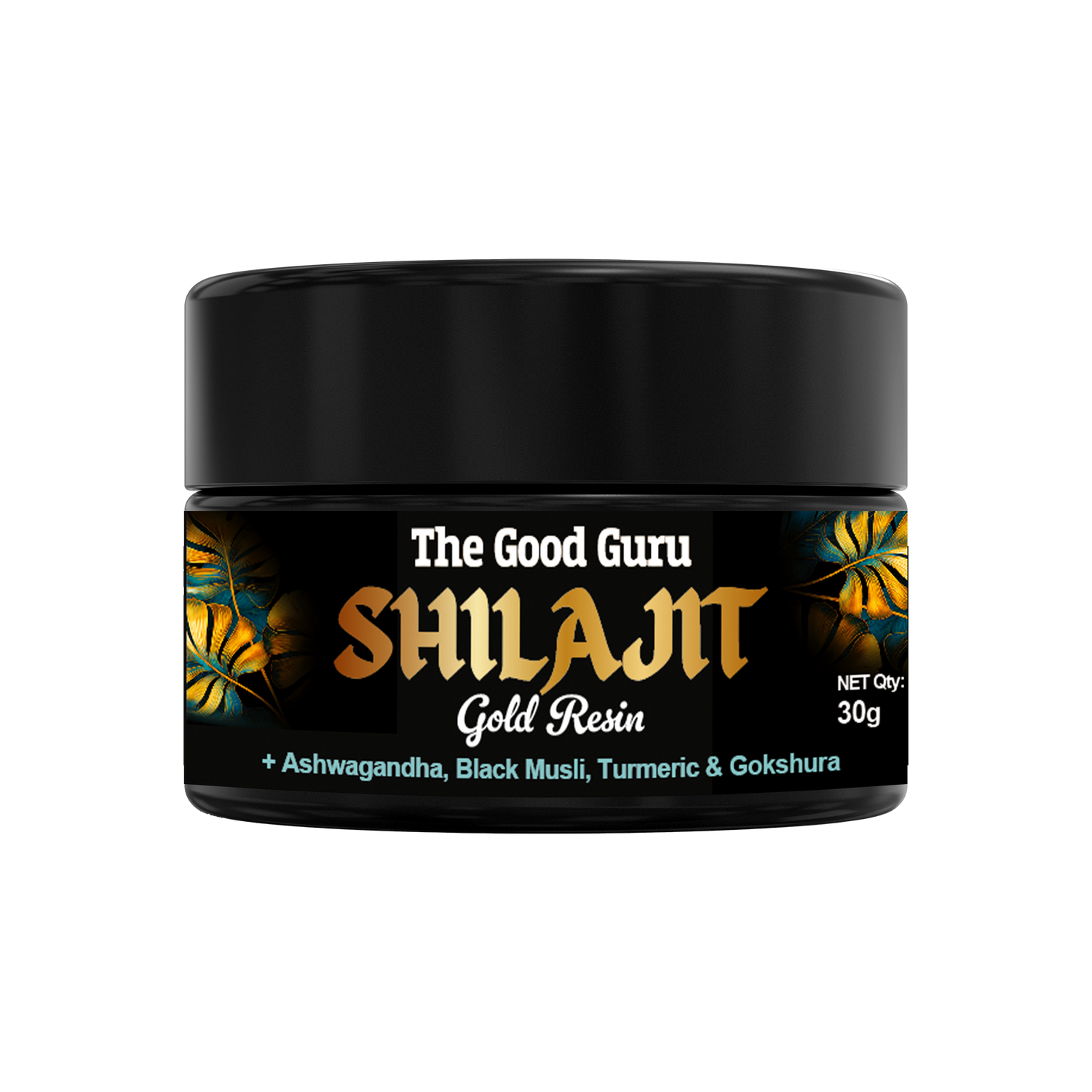
How a Vegan Diet Improves Gut Health: Benefits & Essential Foods
Share
How a Vegan Diet Supports Your Gut Health
A vegan diet doesn’t just align with ethical and environmental values—it can also do wonders for your gut health. Packed with fibre, prebiotics, probiotics, and powerful plant compounds, a well-balanced vegan diet fosters a healthy gut microbiome, which is essential for overall well-being.
Why is Gut Health Important?
A thriving gut microbiome can:
- Improve digestion and nutrient absorption
- Strengthen immunity
- Reduce inflammation
- Lower the risk of chronic diseases and age-related conditions
Building a Healthy Gut on a Vegan Diet
To support gut health, include a wide range of fruits, vegetables, nuts, legumes, and whole grains in your meals. At the same time, don’t overlook essential nutrients like iron, vitamin B12, and vitamins A, D, and K. These can be obtained through mindful eating or high-quality supplements.
Does a Vegan Diet Really Impact Gut Health? Yes! Here’s How:
1. Prebiotics & Probiotics
-
Prebiotics are non-digestible fibres that feed good gut bacteria. They’re abundant in plant foods like:
-
Fruits: bananas, apples, pears, guavas
-
Legumes: lentils, beans, chia seeds, almonds
-
Vegetables: broccoli, onions, garlic, asparagus, artichokes
-
Whole grains: oats, quinoa, barley
-
-
Probiotics are live cultures that support digestion and immunity. For vegans, the best sources are:
-
Fermented veggies: kimchi, sauerkraut, pickled vegetables
-
Soy-based foods: miso, tempeh
-
Drinks: kombucha, water kefir
-
Plant-based yoghurts
-
2. High Fibre Intake
Fibre from plants fuels beneficial bacteria, producing short-chain fatty acids (SCFAs) that reduce inflammation and promote gut health.
3. Polyphenols
These plant compounds, found in fruits, vegetables, and tea, provide antioxidant and anti-inflammatory benefits when metabolised by gut microbes.
Disclaimer: The information in this article is for educational purposes only and not a substitute for professional medical advice. Please consult a healthcare provider before starting any supplement, especially if pregnant, breastfeeding, or under medical treatment.
Written by Dr Rubbina Shaikh – Ayurvedic Consultant, Health Expert & Lifestyle Advisor

